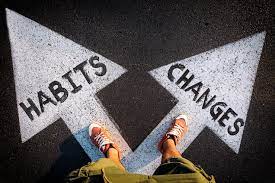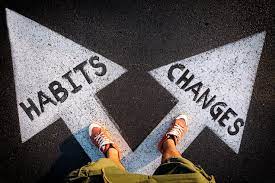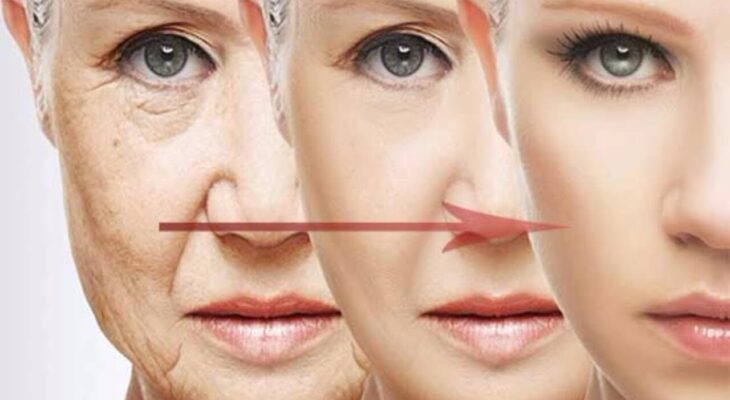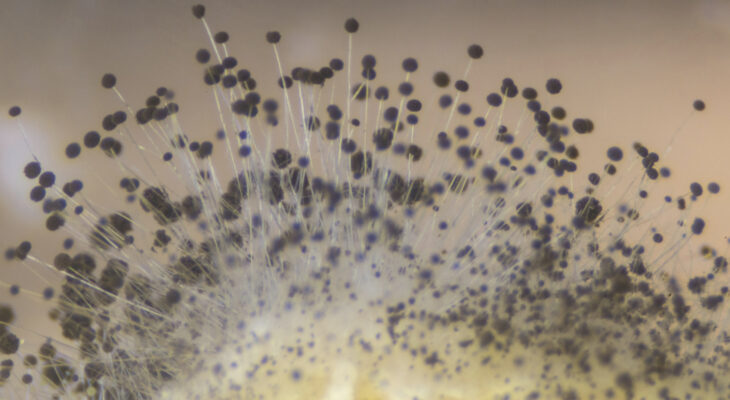
Bad habits are an automatically formed pattern of behavior that negatively affects the process of everyday life. We often hear the phrase that a habit is the second essence of a person. This seems to be true because we gain victory in the struggle with ourselves by changing our habits.
A habit is essentially similar to a program that is memorized by our body to automatism. They can be a professional, household, individual or collective, emerging instantly or gradually. Basically, the assimilation of the habit occurs slowly. A person, having tried something once, does it not quite confidently; with each repetition of this action, automatism is re-developed.
Bad Habits
A habit is normally beneficial for a person. Its goal is to save the energy necessary to perform other important tasks since by performing a habitual action at the level of automatism, less energy is spent on thinking it over and monitoring its implementation. But we cannot say this about bad habits.
Bad habits include traditional smoking, alcohol and drugs abuse, and nail-biting. In addition to these indisputably negative habits, a mass of acquired vices negatively affect a person’s life. Some of them include:
1. Listening To Skeptics
Yes, think about how many of your plans and ideas were shot down on takeoff by the skeptical attitude of your advisors towards them, even if they are the closest and dearest people. It’s good if it makes you get motivated, but what if it’s the other way around? So learn to recognize and defend your desires. Eliminate negative thinking.
2. Uncontrolled Usage Of Drugs
Millions of Americans use legal prescription opioids to relieve chronic pain and other problems. However, many individuals get dependent on them, which lead to overdose. Apart from legal drugs, hard drugs like heroin, meth, and cocaine are readily available in New Jersey (NJ), like most other states in the US.
This widespread availability of drugs has led to drugs abuse and overdose in one of the most populous states, like New Jersey. However, by getting proper treatment from inpatient drug rehab NJ, the probability of getting healthier and better future increases.
3. Coffee Addiction
Another quite common bad habit is consuming coffee more than the accepted limit. There is no doubt that coffee has an invigorating effect; however, excessive consumption hampers your well-being. A person addicted to coffee may experience tremors, insomnia, dehydration, migraines, exhaustion, and in extreme cases, even death.
Thus, experts recommend limiting the coffee intake or replacing it with some healthier alternatives, such as green tea. However, switching to another drink might cause withdrawal symptoms among coffee lovers. So don’t abruptly give up coffee; start by minimizing its daily consumption.
Eliminating Bad Habits
There are habits that interfere not only with us but also with those around us. For example, habits that alienate our loved ones make us repent and put us in a hopeless position. We will analyze how to deal with bad habits using examples of the source of their occurrence.
1. Identify The Cause
The first step towards solving a problem is finding the cause. Quite often, a bad habit is just a symptom of a more severe cause. For example, the habit of biting your nails, biting your lips, and abusing drugs most often appears as a result of stress.
With neurosis, a person seeks to calm down by using sucking reflexes. For example, in children, this is thumb-sucking; in adults – the habit of biting nails, smoking, overeating, licking pencils, etc. Thus, you must identify the cause in the first step to eliminate the problem.
2. Observe Yourself
The second step is to observe yourself to identify the annoying factor. At what point do you reach for drugs and start consuming them? Maybe when your loved one ditched you? Or when you were unable to secure a good job? Then, take a break, get yourself some rest, and think positively. Eliminate the cause of the stress, and then the habit becomes more amenable to eradicating.
3. Self-Realization
If the root of a bad habit lies on the surface, for example, ignorance of the rules of good manners or reckless allocation of your own time, it will be even easier to solve them. The main thing is to realize that what you are doing is wrong.
It is necessary to determine what you like about your bad habit since the pleasure factor does not allow us to abandon it. How can you not enjoy overeating at night, going to bed after midnight, waking up late, etc.?
4. Determine The Consequences
The main thing in understanding the problem is determining the level of its harm and determining the trouble and the consequences of the habit for you. For example, you are unlikely to stop substance abuse if it annoys one of your friends; you must decide why this is unpleasant for you.
5. Get Professional Help
Some bad habits such as alcohol and drugs abuse are more difficult to give up than others. Thus, in such a situation, one must seek help from a professional. No matter the root cause of your addiction, professional help can surely help you eliminate the problem for good.
Replace Bad Habits With Healthy Ones
A good habit should serve as a worthy substitute for an old bad one. For example, a good habit of waking up early won’t catch on if you don’t go to bed early. In this case, you will have to dine early, but you will kill two birds with one stone. And you will put your health in order and your figure.
It should be remembered that good habits, like any other, are developed for at least 21 days, that is, 3 weeks. This time is necessary for the body to memorize the actions performed to automatism. At the same time, for such a long period of time, good habits will bring you so much benefit that it will be a pity to quit what you started, and the habits will be completely strengthened.






